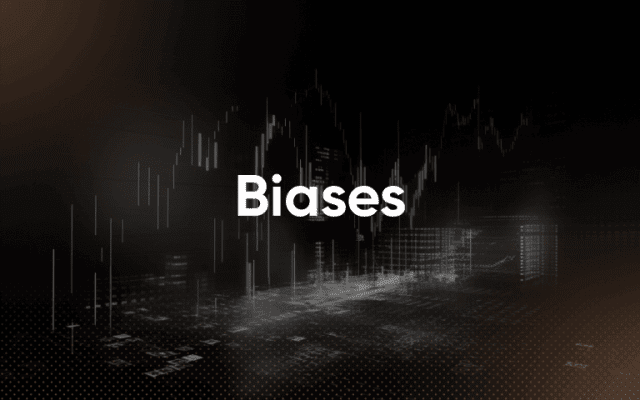Understanding and learning how to mitigate the negative effects of trading psychology is one the most important lessons a trader can learn.
Read on to learn more about psychology in trading, how to master trading psychology, and what trading psychology looks like in action.

Wherever you are in your trading journey, learning how to make better decisions in the markets goes way beyond analysing charts and understanding market trends; it also involves learning how to manage your emotions.
All of this comes down to learning how to master trading psychology. Broadly, trading psychology encompasses the emotional and mental factors – including fear, greed, impatience, and overconfidence – that can influence traders’ decision-making processes.
Understanding trading psychology and how it can impact that way you trade involves developing emotional resilience, discipline, and a strategic mindset.
Psychology can significantly impact your trading activities by influencing your decision-making processes, and in turn, your behaviour in the markets.
Emotions such as fear, greed, or regret may lead you to make impulsive decisions, while overconfidence could trigger you to take excessive risks.
While it is only human to become subject to emotional triggers, traders who are not mindful of their psychological states (and all the biases that come with these) could be more likely to deviate from their trading strategies.
On top of this, psychological factors could contribute to poor risk management, hindering your ability to cut losses or let potential profits run.
When learning how to master trading psychology, traders can look at different types of cognitive biases. These can include biases themselves, as well as effects, fallacies, and sentiment in trading.
You can learn more about each of these trading psychology examples in our comprehensive guides below.





Trading psychology encompasses the cognitive and emotional factors that can influence a trader’s decision-making process in the markets. This could mean the ability to manage and mitigate emotions such as fear or overconfidence, which can impact trading outcomes, or developing a disciplined mindset to make more rational decisions.
Psychology can significantly influence trading decisions because emotions like fear or greed can trigger impulsive actions, and lead you to stray from your strategic trading plan.
To better control your emotions when trading, focus on developing self-awareness and a disciplined trading strategy that includes clear trading goals. Then, train yourself to stick to your trading strategy. It’s also wise to implement risk-management practices like stop-loss* orders. All in all, it is about replacing your emotions with objective market analysis and self-discipline, so you avoid short-term emotional impulses and instead focus on strategic goals.
*Stop-losses may not be guaranteed.
Most successful traders make informed decisions based on careful research and objective market analysis. To become a more successful trader, try to put your emotions aside and base your trading decisions on a thorough fundamental and technical analysis of the asset you want to trade. Prioritise disciplined risk management, set (and stick to) a clear trading plan, and stay up to date about market trends so you can tweak your strategies accordingly.

